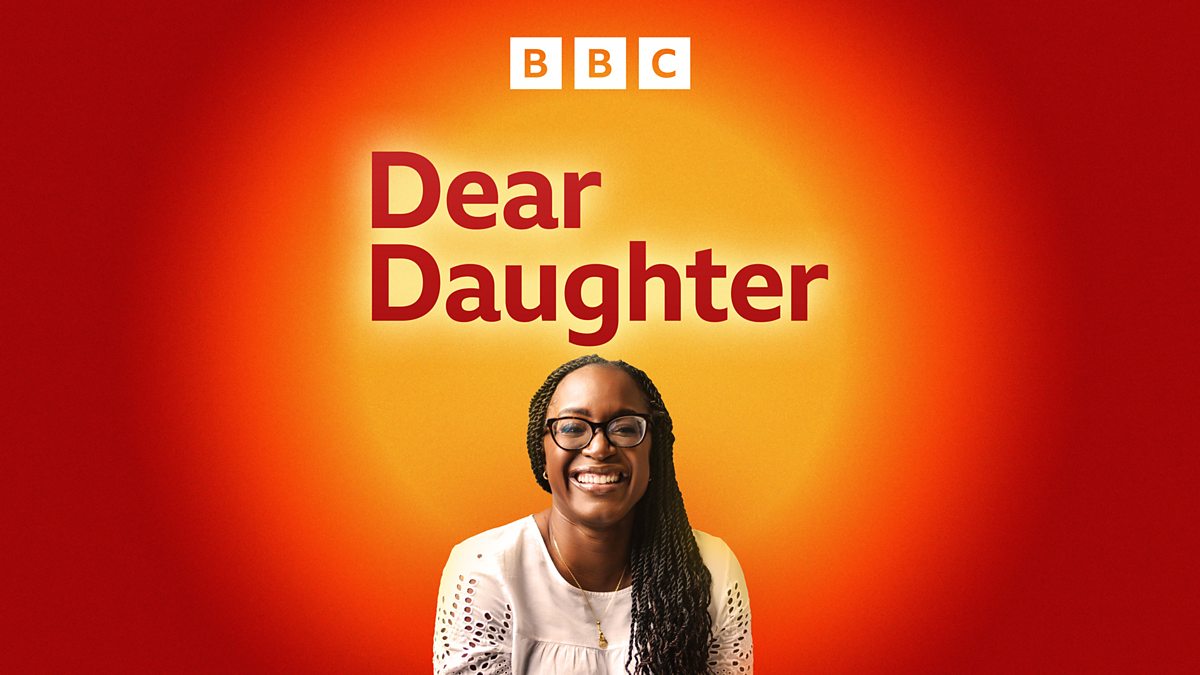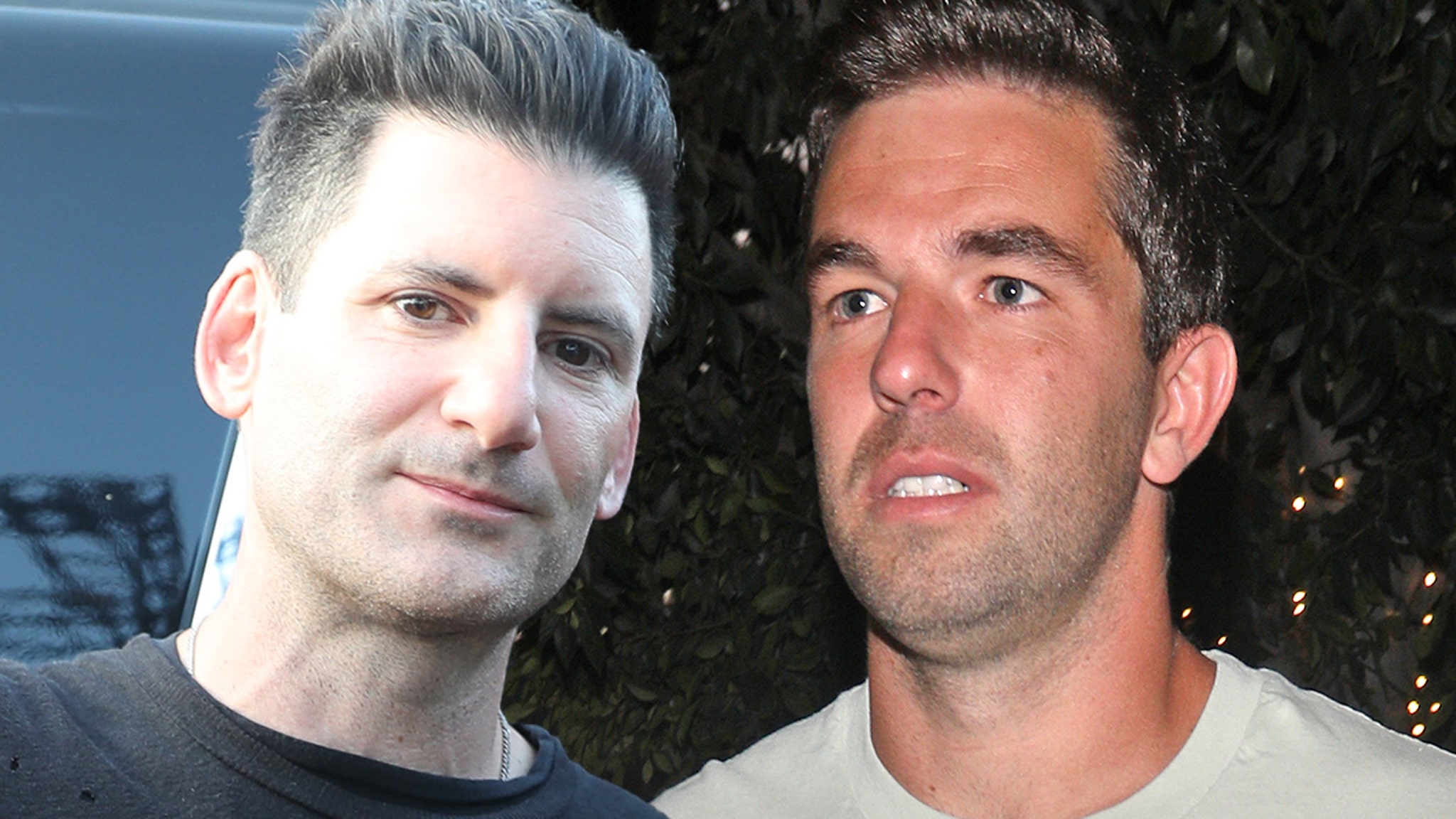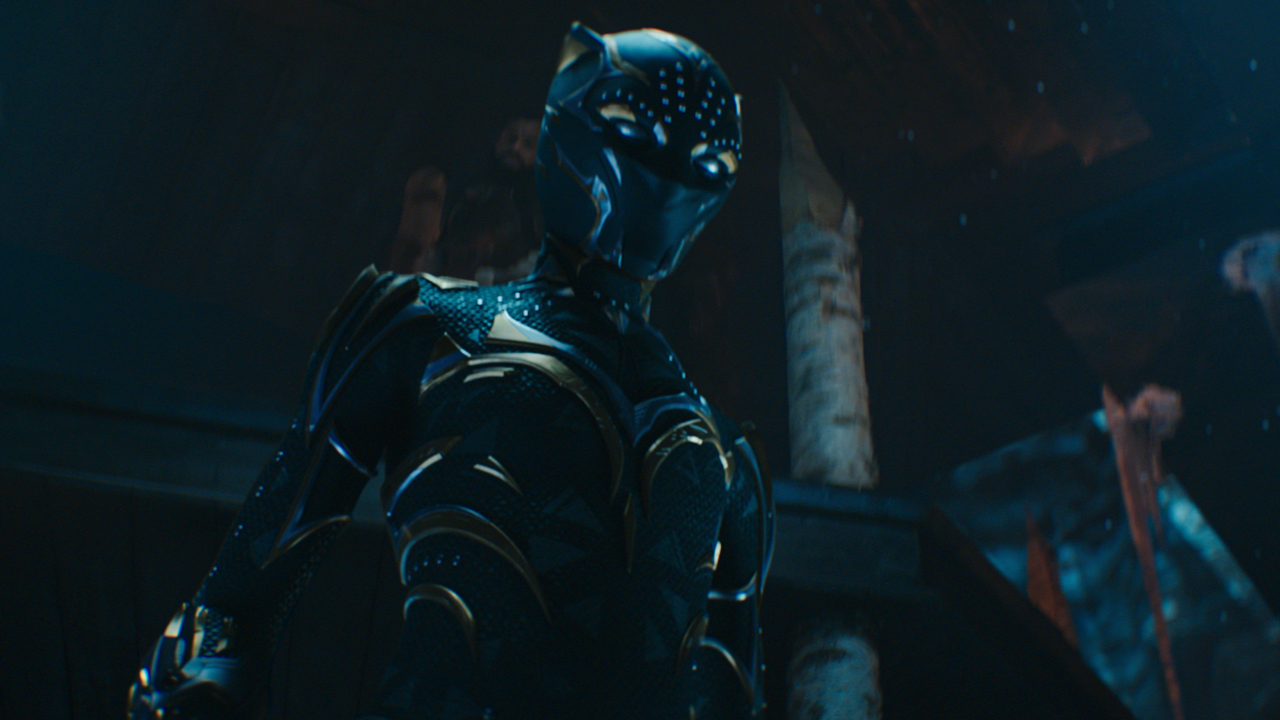The Evolution of the Name Lynda: A Personal Reflection
Growing up with the name Lynda has been a journey filled with both pride and occasional embarrassment. Although I havent always embraced my name, one thing is for certain: at least Im not a Linda. This distinction, albeit subtle, has provided me with a unique perspective on the social implications tied to names.
As a member of Generation X, I often found myself in conversations where my name was the punchline of a joke. I cant count the times Ive heard, Linda? Thats my aunts name! from boys I had just met. My older sister, not one to mince words, once bluntly remarked, You have an old name because you had old parents. Meanwhile, my friends tried to defend my name, insisting that the y made it a completely different identity. Yet, the reality remains that Lynda has often been overshadowed by its more common counterpart, Linda, a name that has become somewhat of a cultural punchline.
In recent years, the name Linda has been subjected to ridicule, embodying a stereotype that is both comedic and irksome. The meme culture has not spared it either; a memorable scene from the popular show The Unbreakable Kimmy Schmidt features a baby named Linda, humorously pointing out that the name is now associated primarily with adults who work in HR. This portrayal is not isolated. The Listen, Linda meme, which showcases a mother named Linda trying to reason with her toddler, has further entrenched the name in the collective consciousness as representing a certain type of overbearing personality. As a Lynda, I find comfort in having plausible deniability; Im not one of those Lindas.
We can all picture a Linda: the woman who carries a SlimFast shake in her purse and gets visibly upset when she cant find her keys. Shes the type who sighs and shakes her head when someone mentions Mondays, revealing her mundane, yet relatable struggles. This stereotype is pervasive and raises questions about how such a widely used name could have fallen so far from grace.
Interestingly, the name Linda peaked in popularity in the late 1940s but saw a staggering decline through the 1960s and 1970s, making it one of the least likely names to be given to newborns today. Lynda, with a y, has been a rarity in comparison. Ive often felt disconnected from the archetypal Linda that society has come to know. Despite sharing a name, Ive always been wary of associations with the clichs that surround it. I, for one, have no intentions of becoming another stereotype, especially since I have never tasted SlimFast and make a conscious effort to avoid the HR path.
Reflecting on my name has led me to consider the what ifs that come with it. I often ponder how my life might have been different had I been named Elizabeth instead of Lynda. Elizabeth seems to carry a certain grace and sophistication that feels unattainable at times. I can almost envision a taller, more accomplished version of myself, perhaps a novelist or a feature on a 30 Under 30 list.
Despite my mixed feelings about my name, I have never contemplated changing it. The idea of adopting a new name only to become weary of it over time seems futile. Additionally, my attachment to Lynda runs deeper than mere preference; my father had a deep affection for the name Linda and had always envisioned naming his daughter that. My mothers addition of the y was an attempt to make it unique, a mark of their love and creativity. With both of my parents now gone, Lynda represents a lasting thread connecting me to them, a name filled with memories and sentiments.
Ultimately, my identity as Lyndawith a yis something I cherish. It sets me apart from the Lindas of the world, at least as long as I can keep track of my keys.


















